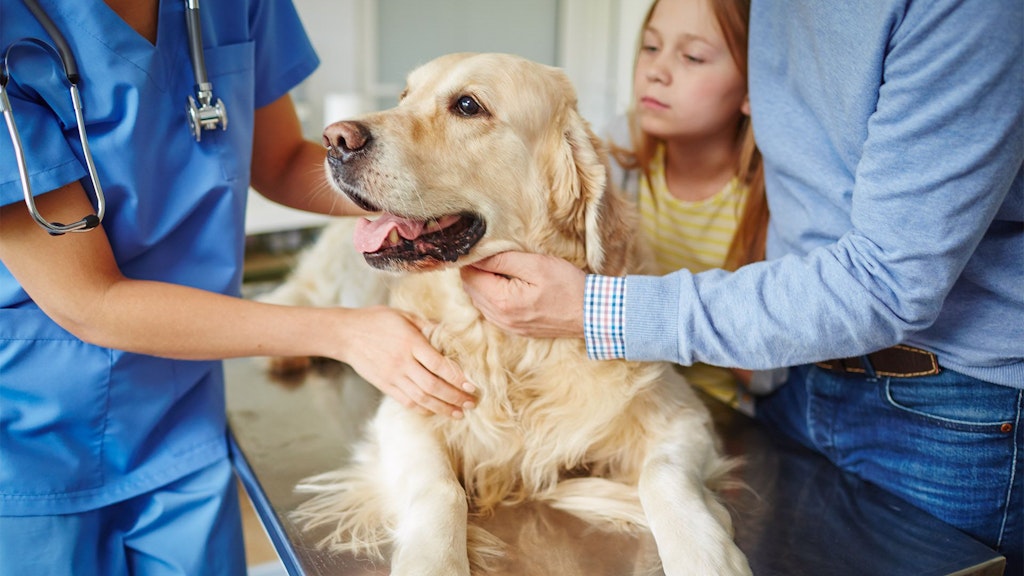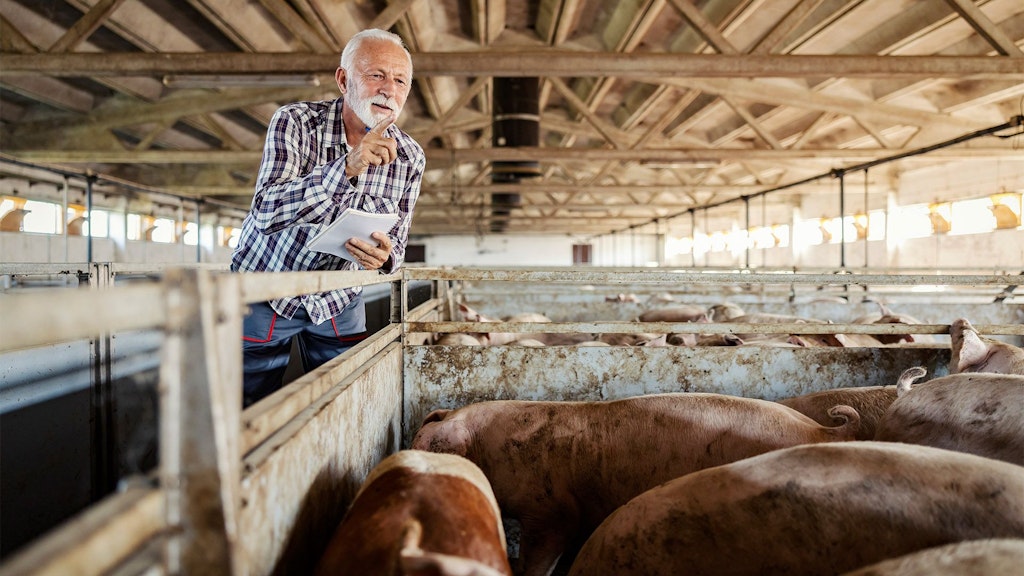star.admin.ch – the Federal Government's platform on the topic of antibiotic resistance
Antimicrobial resistance is a global problem that affects humans, animals, agriculture and the environment.
In focus
One Health, good health

StAR in the human health sector
Various guidelines and tools are available to help patients, doctors and pharmacists fulfil their responsibilities when using antibiotics.

StAR in the veterinary health sector
Working closely with small animal and livestock farmers, veterinarians promote the appropriate use of antibiotics and preventive measures.

StAR in the agricultural sector
Healthy animals are strong and do not need medicine, meaning no antibiotic resistance will develop. Farmers and vets are therefore required to use preventative measures to promote health in animals.

StAR in the environmental sector
The expansion of wastewater treatment plants will reduce the contamination of water bodies with antibiotics and other micropollutants.
Important basic information

About StAR
The implementation of the strategy has enabled numerous measures to be established and expanded since 2016. Activities are being intensified with the One Health Action Plan 2024–2027.

Antibiotic consumption and antibiotic resistance in Switzerland
The surveillance of antibiotic use and resistance in humans, livestock, and domestic animals and in the environment is a key part of the Swiss Strategy on Antibiotic Resistance (StAR) and the StAR One Health Action Plan 2024 – 2027.

Antibiotics: use wisely, take precisely
Growing antibiotic resistance is a global threat to humans and animals – in Switzerland, too. If we are to continue to have effective antibiotics, we must use them responsibly. So anyone who is prescribed antibiotics must ensure that these are taken and disposed of correctly.


